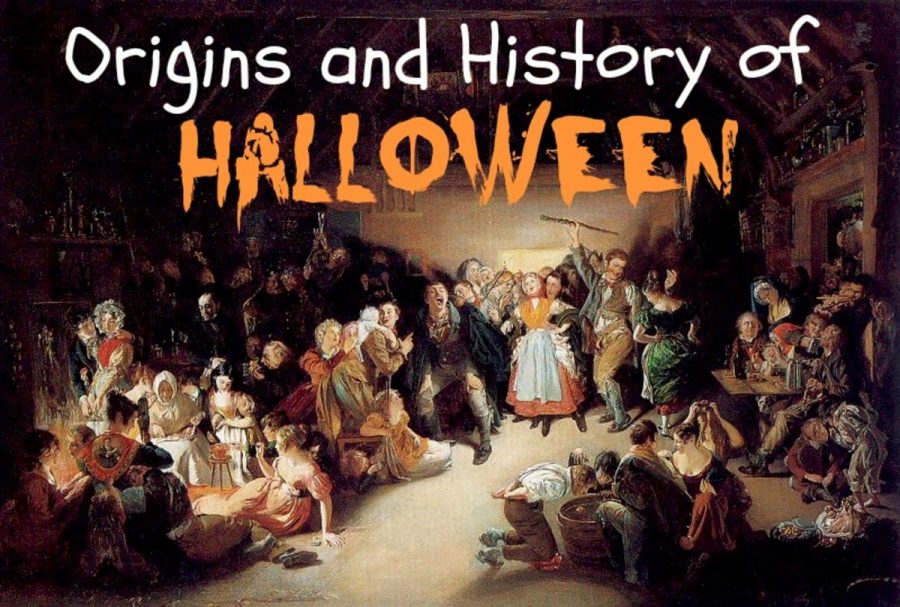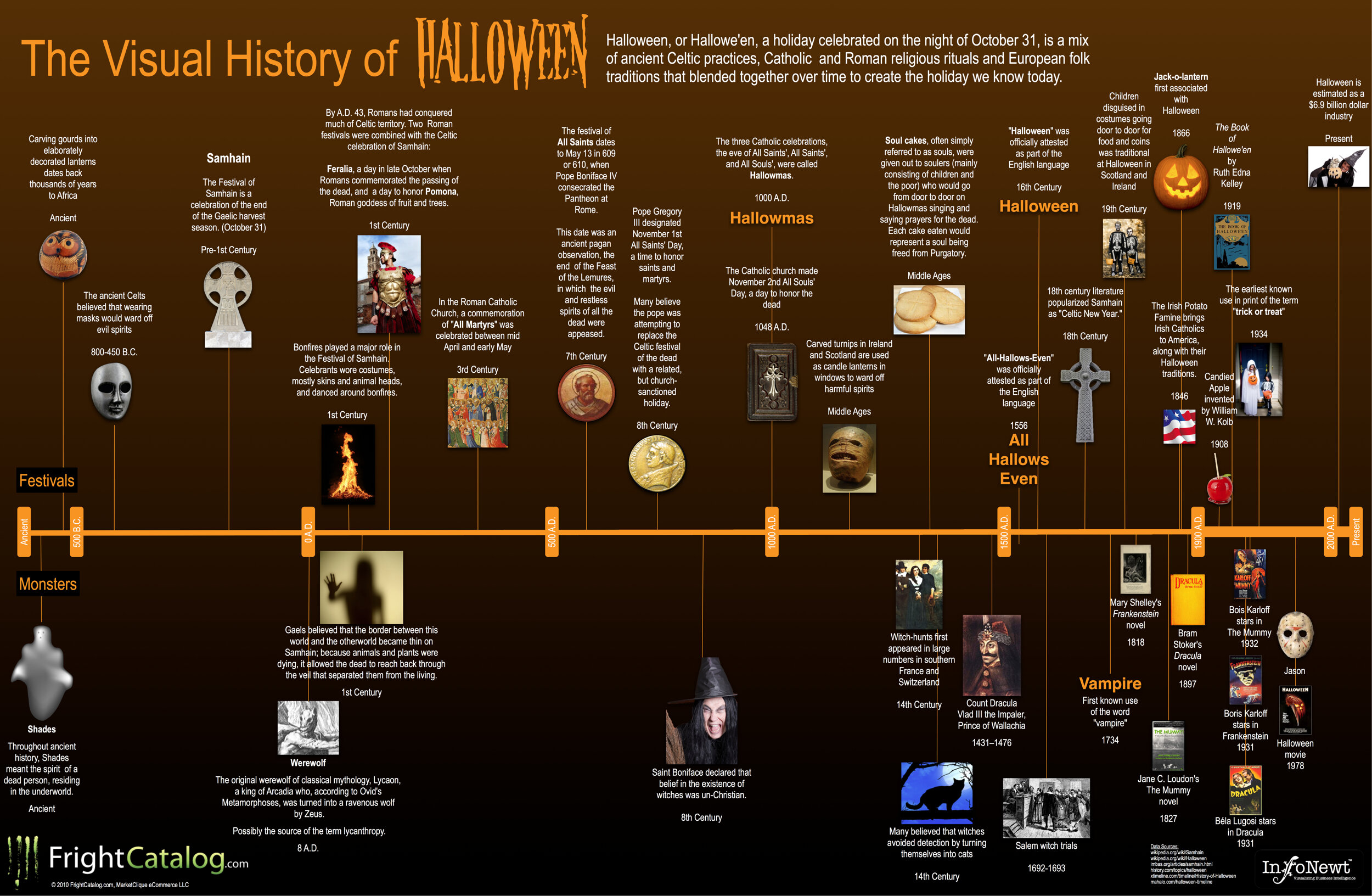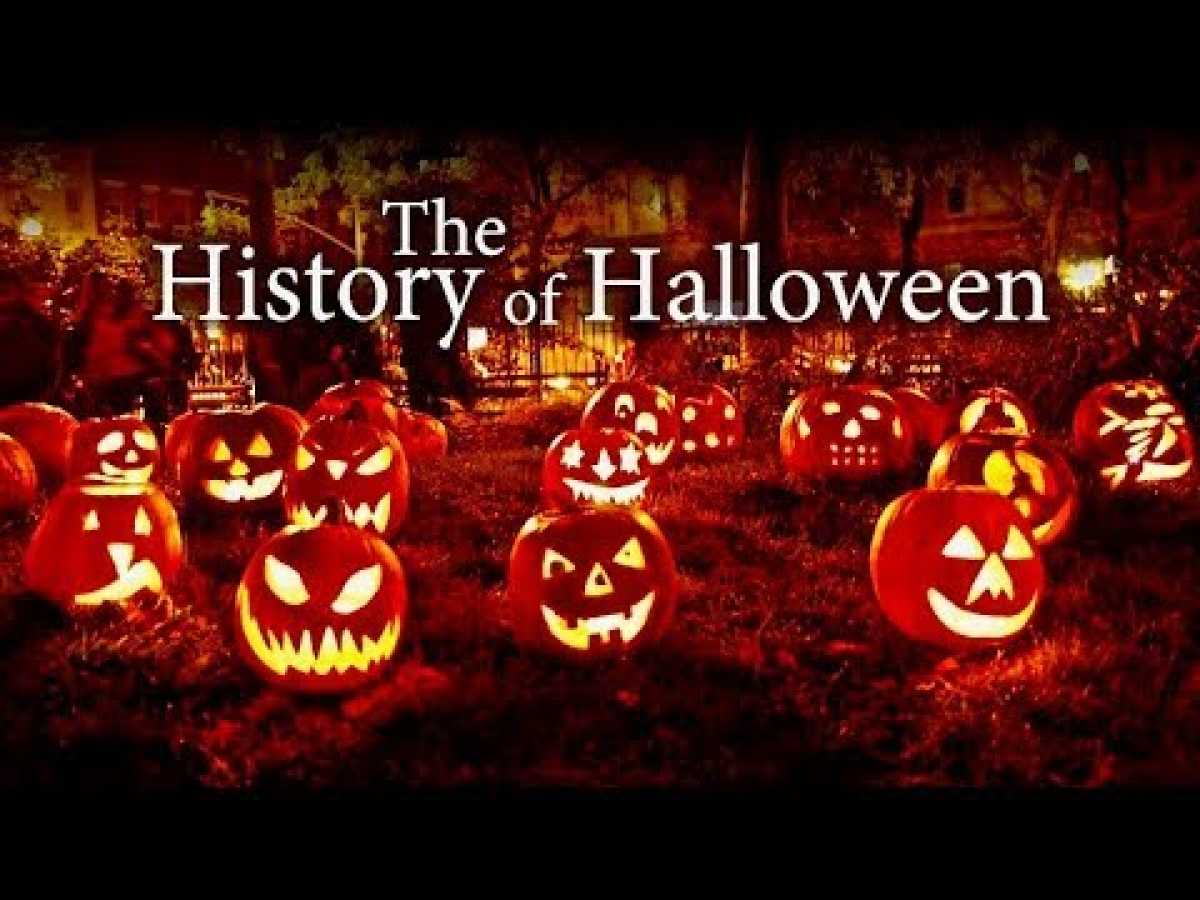Halloween Holiday Origin 2024: A Journey Through History
Related Articles: Halloween Holiday Origin 2024: A Journey Through History
- Disney+ Halloween 2024: A Spooktacular Extravaganza
- Halloween History Channel 2024: Unmasking The Origins And Evolution Of The Spooky Soirée
- Halloween Disney Dreamlight 2024: A Spooktacular Extravaganza
- Halloween Flashcards 2024: A Comprehensive Guide To Spooky Vocabulary And Phrases
- Halloween Ends: A Thrilling Conclusion To The Michael Myers Saga
Introduction
With enthusiasm, let’s navigate through the intriguing topic related to Halloween Holiday Origin 2024: A Journey Through History. Let’s weave interesting information and offer fresh perspectives to the readers.
Table of Content
Video about Halloween Holiday Origin 2024: A Journey Through History
Halloween Holiday Origin 2024: A Journey Through History

Halloween, a holiday steeped in ancient traditions and folklore, holds a unique place in the hearts of people around the world. Celebrated annually on October 31, Halloween has evolved over centuries, its origins dating back to the ancient Celtic festival of Samhain. As we approach Halloween 2024, let us embark on a historical journey to explore the fascinating origins of this beloved holiday.
The Roots of Halloween: The Celtic Festival of Samhain
The origins of Halloween can be traced back to the ancient Celtic festival of Samhain, which was celebrated by the Celts, an Iron Age civilization that inhabited Europe from around 1200 BCE to 400 CE. Samhain marked the end of the summer and the beginning of the winter season, a time when the boundary between the worlds of the living and the dead was believed to be at its thinnest.
During Samhain, the Celts believed that the spirits of the deceased returned to the mortal realm to visit their loved ones. To honor the dead and ward off evil spirits, the Celts would light bonfires, wear costumes made from animal skins, and offer food and drink to the spirits.
Roman Influences and the Christianization of Samhain
In the 1st century CE, the Roman Empire conquered the Celtic territories. The Romans brought with them their own traditions and beliefs, which gradually blended with those of the Celts. One such Roman influence was the festival of Pomona, the goddess of fruit and trees. The Romans celebrated Pomona on November 1, and some scholars believe that this festival may have influenced the timing of Halloween.
In the 4th century CE, Christianity spread throughout Europe, and the Church sought to suppress the pagan practices associated with Samhain. However, the Church was unable to completely eradicate the festival, and instead, it reinterpreted it as a Christian holiday. The Church designated November 1 as All Saints’ Day, a day to honor Christian saints. The night before All Saints’ Day became known as All Hallows’ Eve, which eventually evolved into the modern-day Halloween.
The Evolution of Halloween Traditions
Over the centuries, Halloween traditions continued to evolve and adapt to changing cultural norms. In the Middle Ages, people believed that witches and evil spirits roamed the earth on Halloween night. This belief led to the practice of wearing costumes and masks to ward off these malevolent beings.
The tradition of trick-or-treating is thought to have originated in the Middle Ages as well. During this time, poor people would go door-to-door asking for food and money in exchange for prayers for the dead. This practice eventually evolved into the modern-day custom of trick-or-treating.
Halloween in the United States
Halloween was brought to the United States by Irish immigrants in the 19th century. The holiday quickly gained popularity and became a staple of American culture. In the 20th century, Halloween became increasingly commercialized, with the introduction of Halloween-themed merchandise, costumes, and decorations.
Halloween Today
Today, Halloween is celebrated around the world as a time for fun, festivity, and remembrance. People of all ages dress up in costumes, attend parties, and go trick-or-treating. Halloween has also become a popular time for ghost hunting, haunted house attractions, and other spooky activities.
Halloween 2024
Halloween 2024 falls on Thursday, October 31. As we approach this year’s Halloween, let us reflect on the rich history and traditions that have shaped this beloved holiday. Whether you choose to celebrate Halloween with a costume party, a haunted hayride, or a simple evening with friends and family, may this Halloween be filled with joy, laughter, and a touch of the supernatural.
Additional Insights
- The name "Halloween" is derived from the Old English phrase "All Hallows’ Eve," which means "the evening before All Saints’ Day."
- The colors orange and black are often associated with Halloween. Orange represents the fall harvest, while black symbolizes death and the supernatural.
- The jack-o’-lantern, a carved pumpkin with a lit candle inside, is one of the most iconic symbols of Halloween. It is believed to have originated from an Irish legend about a man named Stingy Jack who was denied entry to both heaven and hell and was forced to wander the earth with a lantern made from a carved turnip.
- Halloween is a major economic event in the United States, with billions of dollars spent on costumes, decorations, and candy each year.








Closure
Thus, we hope this article has provided valuable insights into Halloween Holiday Origin 2024: A Journey Through History. We hope you find this article informative and beneficial. See you in our next article!